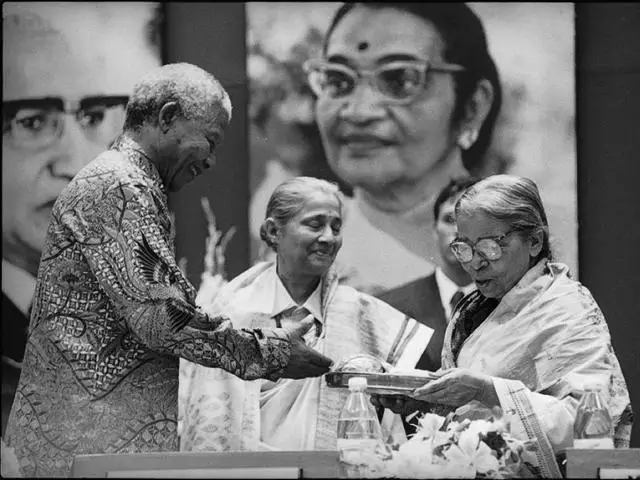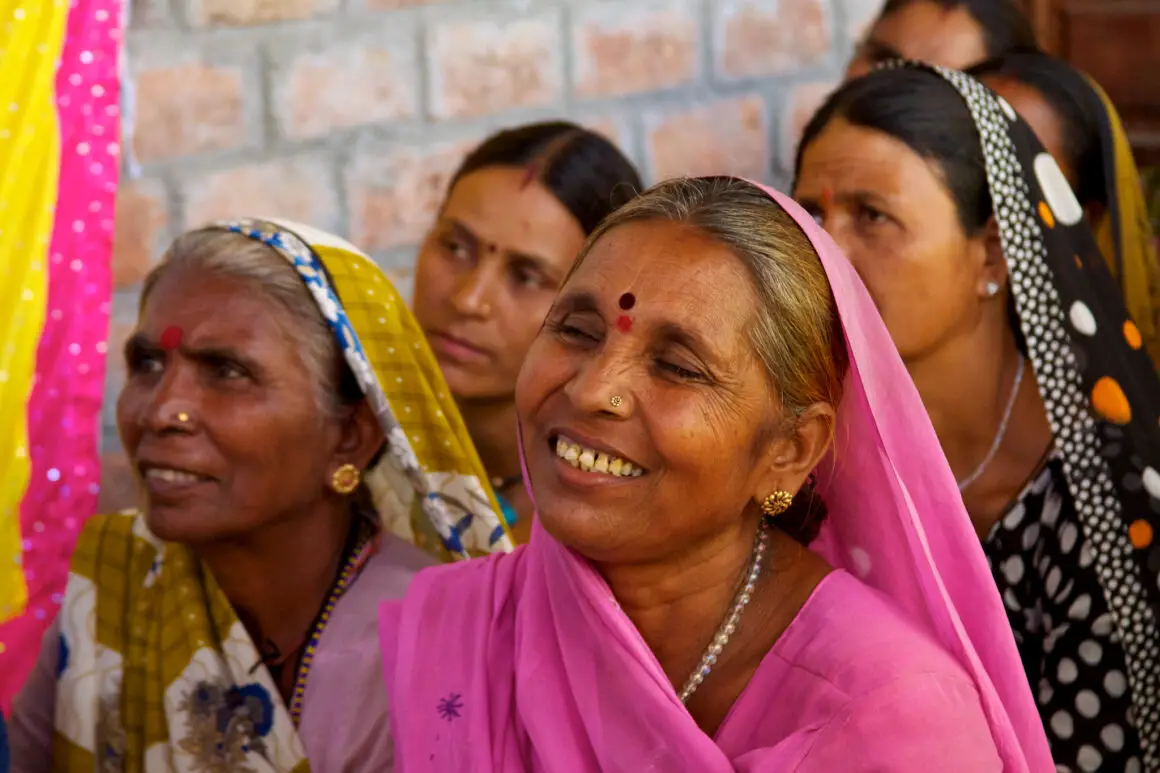A library full of feminist books is born. Aqui Thami (local artist, activist, and scholar ) leads “Sister Library.” Since its birth, the library has traveled the world delivering hundreds of books. Every book is written by a woman. Most recently, the library has made its way through Auckland, Bangalore, and Chennai. Sister leaves behind a blazing trail of feminist literature wherever it ventures. Now, the library aims to construct semi-permanent roots in its hometown of Mumbai.

Why choose Mumbai for a feminist library? Why are books written by females so important in the feminist movement? Keep reading to find out, and discover more about Sister Library, its mission, and its origins.
Sister Library
Soon after discovering one of the biggest problems in the literary community, Thami realizes that she is a part of that problem.
Around six years back I realized that people weren’t picking up works of women, even when they’d ask for recommendations they were not happy if the books recommended were a work of a female author. This was really bothering me and I just had to see how many women I was reading. Sadly my bookshelf had less than twenty percent of works of women. It was then I decided to read women exclusively. Over the years my collection grew and grew, soon friends started borrowing books from me and I started dreaming of a feminist library with works of women exclusively.
Aqui Thami
Her dream is now our reality, with Sister Library offering women-authored books to those who otherwise may not know where to look or even have a place to do so. Sister is truly thriving thanks to the efforts of local young women who have put so much love and labor into creating and organizing the space. The small and mighty library is packed with pink shelves that are stacked with novels of fiction and non-fiction, zines, and poetry. Stories of all different genres, all created by women. New authors, local and from around the globe, sit proudly alongside legends like Virginia Wolf, Mahashweta Devi, and Maya Angelou.

Sister library is on a mission to set permanent roots in India, a country with a beautifully vibrant culture that is weighed down by a restrictive caste system. In an amazing show of support from the feminist community, a crowdfunding campaign has raised enough money for a year’s worth of rent. The same campaign remains active. Thami hopes to raise enough money to purchase a true home for Sister Library by having a permanent space in Mumbai.
Related: The Indian Publishing Industry: For Love or Money?
This would be the perfect location as it is India’s most densely populated city and the fourth most-populated city in the world. A feminist library in such a populated city will lead to the ultimate exposure. Spaces like this are sure to reshape how women are perceived by society, not only in India but as far as Sister Library can reach and beyond.
Feminism in India
Northwest India once had a long-lasting and thriving matriarchal culture. This ended when colonizing patriarchal Aryans converted it into a hierarchical caste system. Much of India is still burdened with this system. Only a few communities remain that recognize the oldest women as heads of the family. Feminism in India has transformed over time. The most recent wave of feminists demands equality in marriage, the workforce, and the right to a political party.
Because of the lack of gender equality, violence against women is prevalent in India. Thousands of women die due to dowery harassment. Dowery is the cash or valuable goods that a bride’s family gives to the groom’s family as a condition of marriage. Though there are currently many laws in place that prohibit forced dowery, they are somewhat ineffective. Dowry-related deaths and murders continue to this day.
Yet, females in India are constantly breaking barriers in education and the workforce. According to a 2011 census, there have been sharp increases in female graduation and post-graduation rates along with a vast number of females entering the engineering field.

Fighting for feminism is so difficult because you must simultaneously fight classism. Because of both, women run fewer than 13% of India’s small businesses. This is due to a lack of access to funds. While women-led businesses earn a similar average annual profit to businesses led by men, they are less than half as likely to be granted a loan. Without being able to use profit as an excuse, the misogyny is blatant. This is why crowdfunding is essential to innovative feminist projects so that traditional patriarchal systems can be avoided. The sheer entrepreneurship behind the funding and creation of “Sister Library” is as impactful as the books within it.
Dismantle the Patriarchy with Books
Seeing the world from a female point of view is a big step toward deconstructing a male-centric society. Find this point of view in any female-authored book, many of them homed in Sister Library. In activism-centric spaces, it can be easy to become stressed and think negatively. But the library is more than a rebellious form of activism. It is also a space for excitement, pride, and celebration.
Related: Walking BookFairs of India
“Our ambition is to showcase the artistic quality and celebrate the contributions of women in the creative world as well as to foster interests and understanding of the accomplishments of women writers and artists. When doing this we also hope to change the way the world perceives women and spaces where knowledge is shared and produced.” – Aqui Thami
Inclusivity is a vital element of true feminism. Non-intersectional feminism fails to account for the experiences of those from different races, sexualities, and classes, which can often avoid the movement’s original goal of equality for all. Sister library allows a space for people of all economic levels, genders, and races, keeping it true to its mission. The Library is the perfect way not only to move feminism forward but also to appreciate the excellence of women that has always existed. The proof of this excellence is forever printed on the pages of a book.
How many of the books on your shelves are written by women?
